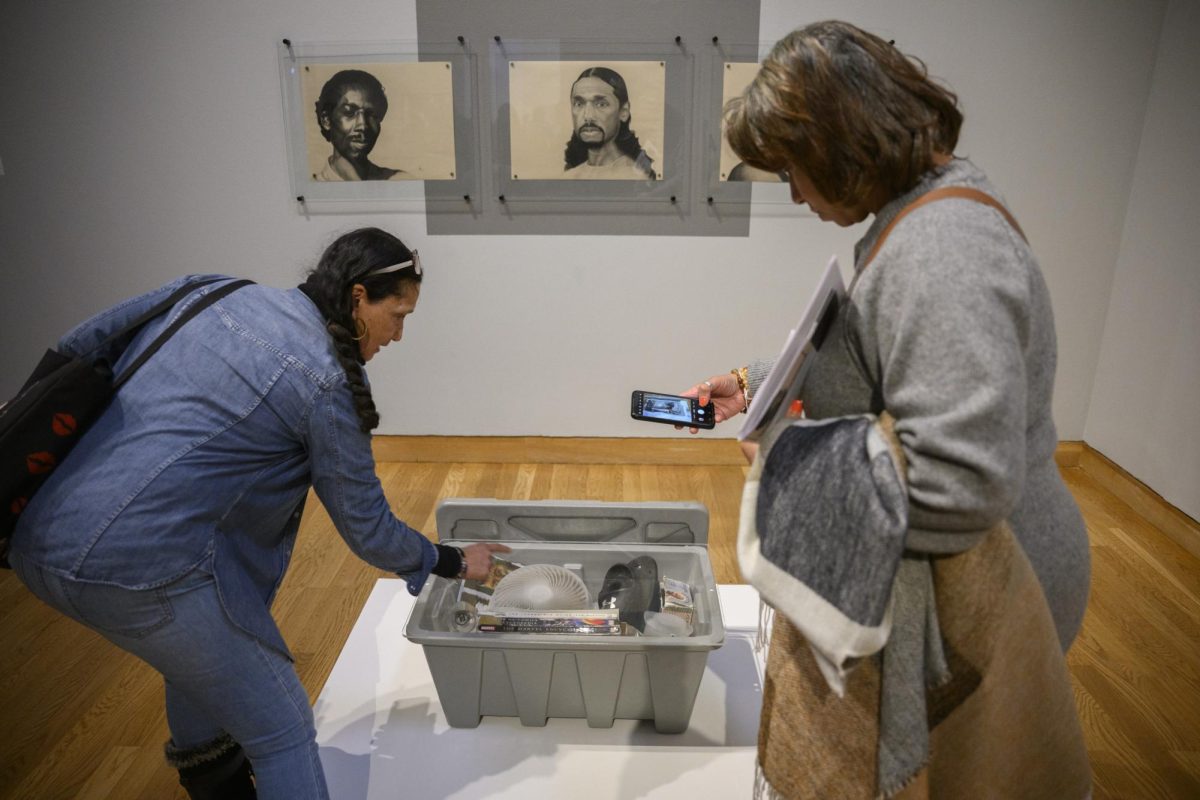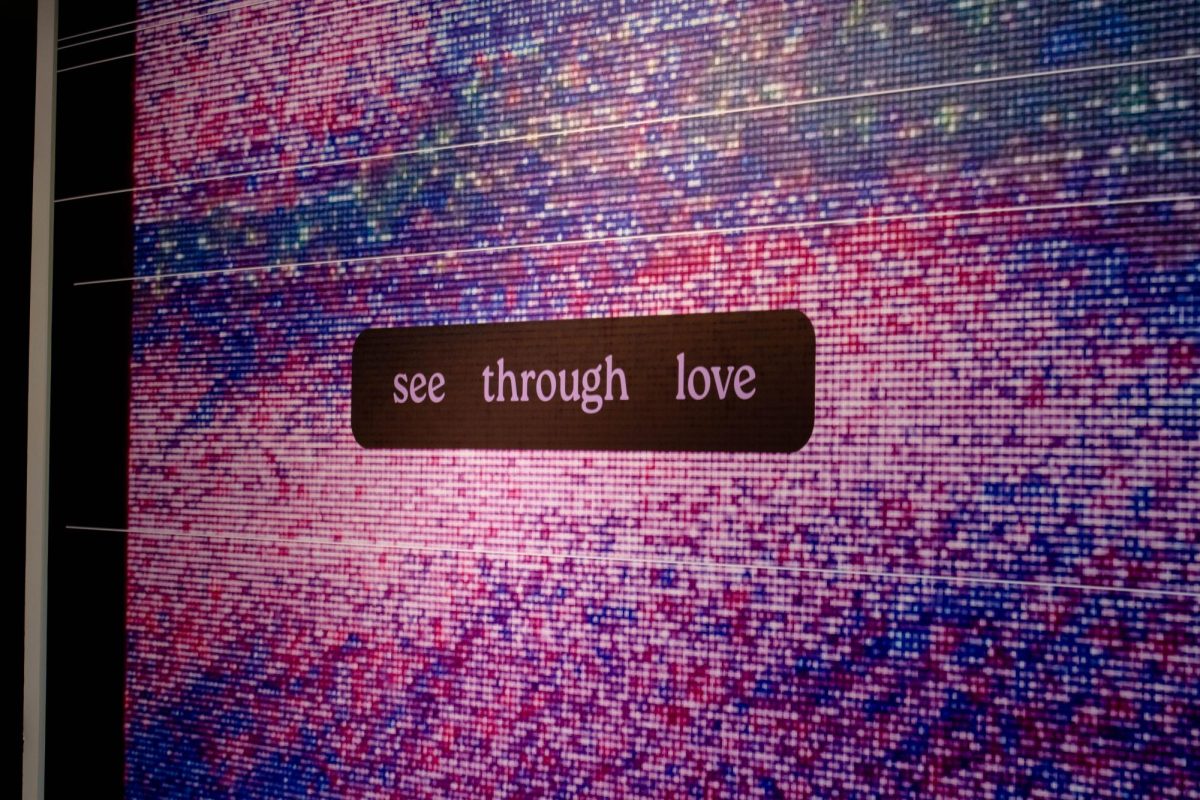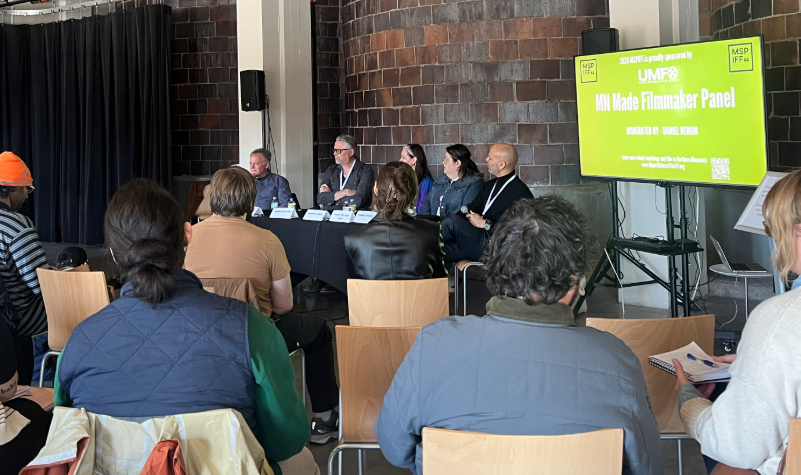The world is indeed a stage, and the Guthrie Theater makes the best of it.
Love, war, mistaken identities, a gay subtext and a happy ending mark “As You Like It” out as definitely a Shakespearean comedy.
Joe Dowling, the play’s artistic director, has set the theater’s production of the circa-1600 “As You Like It” primarily in William Shakespeare’s Forest of Arden, but this forest isn’t what ol’ Will had in mind.
The Forest of Arden is now a peaceful, love-filled refuge from the civil unrest of the tumultuous 1960s. The minimal set, including an enormous revolving section, changes quickly from a kitchen, to a duke’s court, to a forest complete with a winter storm.
This plot, like many, was not originally Shakespeare’s. The bard expanded on a pastoral romance, “Rosalynd,” written by English poet Thomas Lodge in 1590, and, with plenty of artistic license, turned it into “As You Like It.”
The play starts with Rosalind and Celia, who are friends and cousins. Celia’s father has overthrown the previous duke, who happened to be Rosalind’s father. Rosalind is banished from the court, and Celia decides to go with her. It was dangerous in the 1960s, as well as the 1600s, for two girls to travel alone, so Rosalind dresses as a boy named “Ganymede,” and the girls take Touchstone, the court jester, with them.
The relationship between Ganymede and Orlando is at the center of the play. As Ganymede, Rosalind tells Orlando to pretend he is Rosalind and orders him to woo her. Because the audience is aware Ganymede is indeed Rosalind, Shakespeare can dexterously and humorously focus on the gay subtext of the wooing.
As Rosalind and Orlando, Bianca Amato and Drew Cortese play this up as much as possible without crossing the line into pure camp. It is obvious Amato’s Rosalind wants to swoon whenever Orlando puts his arm around her in a buddy-buddy fashion. The tension builds whenever Orlando moves in for a kiss, but he remains unaware, because in his mind, it is simply a game.
Shakespeare repeatedly returns to the Orlando/Ganymede/Rosalind relationship. Perhaps there’s a deeper meaning, because many scholars have called Shakespeare’s own sexuality into question. Or maybe it’s just a gag to get the Elizabethan audiences to laugh. Whatever the reason, it works.
Adaptations and reworked plays are tricky, especially when it comes to interpreting a work by Shakespeare. Some, like “West Side Story” and “Kiss Me, Kate,” become as famous as the original scripts. Others, whether fortunately or unfortunately, are doomed to obscurity.
The Guthrie Theater’s production is one that deserves to be remembered.







